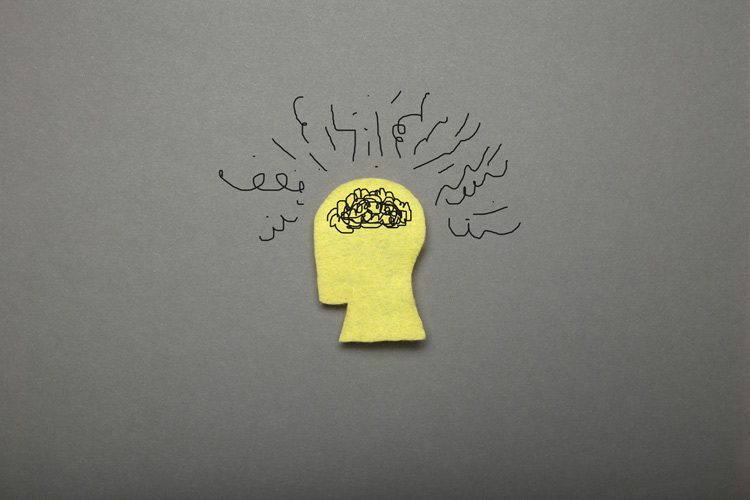One frequently misunderstood mental health condition is obsessive-compulsive disorder (OCD). People tend to label their own quirky behaviors and preferences as OCD, when, in reality, having this diagnosis creates a level of disruption and anxiety that most people simply don’t experience or understand.
What OCD Is Not
Obsessive-compulsive disorder is a label that some people like to claim when they simply:
- Like to have a tidy living space with things put away in their places
- Value hygienic food preparation standards
- Prefer to bathe and wash their hair daily
- Have a particular structure or routine they follow for completing daily tasks
- Enjoy being able to find their favorite book or DVD quickly based on color coding, alphabetical order, or other systems
These things in and of themselves are not sufficient to diagnose someone with OCD. People fall on a spectrum of preferences for how they like to manage their daily lives, and everything listed above could be considered within the normal range of that spectrum.
What OCD Is
When a person has it, they are suffering from a specific type of anxiety disorder that impacts only 1% of the U.S. population. Their symptoms aren’t just preferences–they are mandates that impede rather than improve their quality of life. The National Alliance for Mental Illness (NAMI) describes OCD behavior as:
- Repetitive
- Irrational
- Something the person cannot stop, even if they realize it’s illogical
- Typically occupying an hour or more per day of a person’s time
OCD comprises both intrusive thoughts (obsessions) and excessive urges (compulsions). Intrusive, unwanted thoughts commonly include:
- Thoughts of harming or having harmed another person
- Questioning if something was completed, such as turning off the oven or locking the door
- Disturbing religious ideas
- Unpleasant sexual thoughts
- Fear of saying or yelling something inappropriate in a public place
Excessive urges (compulsions) include behaviors such as:
- Hand-washing too much
- Counting and recounting something over and over
- Having to check and recheck something
- Repetitively saying the same word or phrase
OCD comes in a full range of severities, so a person with this disorder may describe their experience as being merely inconvenient or as interfering with their ability to hold down a job or have standard human interactions. Many people fall somewhere between these two points. The same person may also fall on different points of the continuum on different days, depending on how much stress they are facing in a particular moment.
Risk Factors & Maladaptive Behaviors
According to NAMI, a person is more likely to be diagnosed with OCD if:
- They are young (a child, adolescent or young adult)
- They are male
- They have family members with OCD
People with OCD may develop some additional unhealthy behaviors, including:
- Isolating oneself, due to extreme avoidance of triggers
- Substance abuse, due to trying to self-medicate
- Eating disorders, particularly in women with OCD
Diagnosis
As with other mental health conditions, the CDC recommends that if you think you or someone you care about may be struggling with OCD, it is important to be evaluated by a medical doctor first, to rule out medical causes for the issue, and then receive a referral for a mental health practitioner if no medical cause is found for the concerning symptoms.
A mental health practitioner will typically diagnose OCD by talking with the client about their thoughts and behaviors to determine how much they interfere with the person’s daily life. Because symptoms of OCD can look like other mental health disorders (like anxiety, depression, or schizophrenia), it can be difficult to diagnose.
Treatments for OCD
While there is no known way to prevent OCD, treatment is available. Because OCD involves not only a person’s thinking patterns, but also potentially an imbalance of chemicals in the brain, treatment often involves a combination of therapy, especially cognitive-behavioral therapy and medications. Patients may also be gradually exposed to whatever they fear, in a safe setting, where they can learn not to be afraid.
Getting Support
The International OCD Foundation lists a number of support groups on its website, along with a variety of other OCD-specific resources for people who are struggling and for their friends and families.
Highland Hospital has a team of professionals who are available to support people struggling with OCD. If you are unsure of how you can best show your support for a friend or family member struggling with OCD or other mental health conditions, we can help you become more acquainted with their diagnosis and ways to help.






